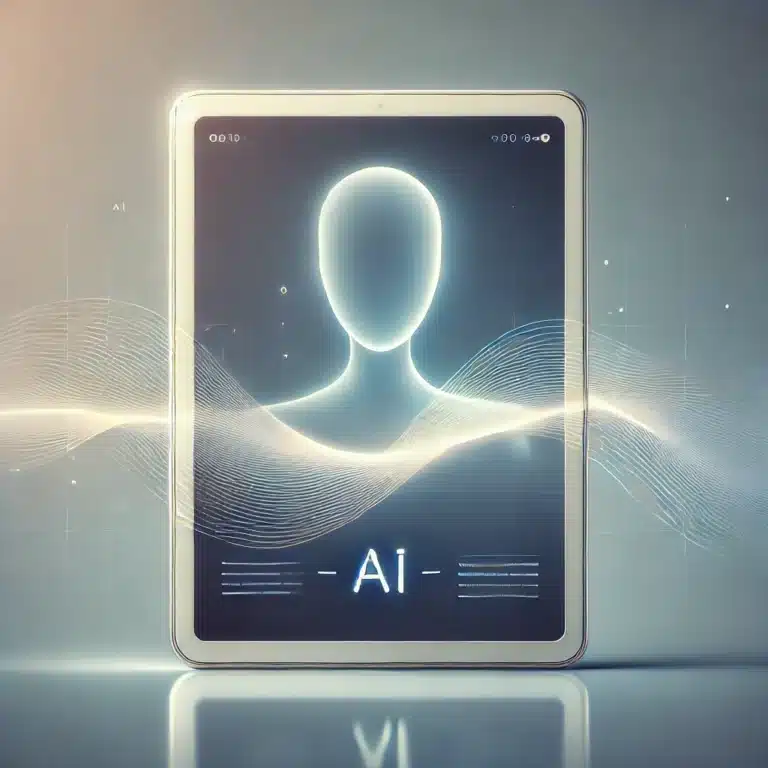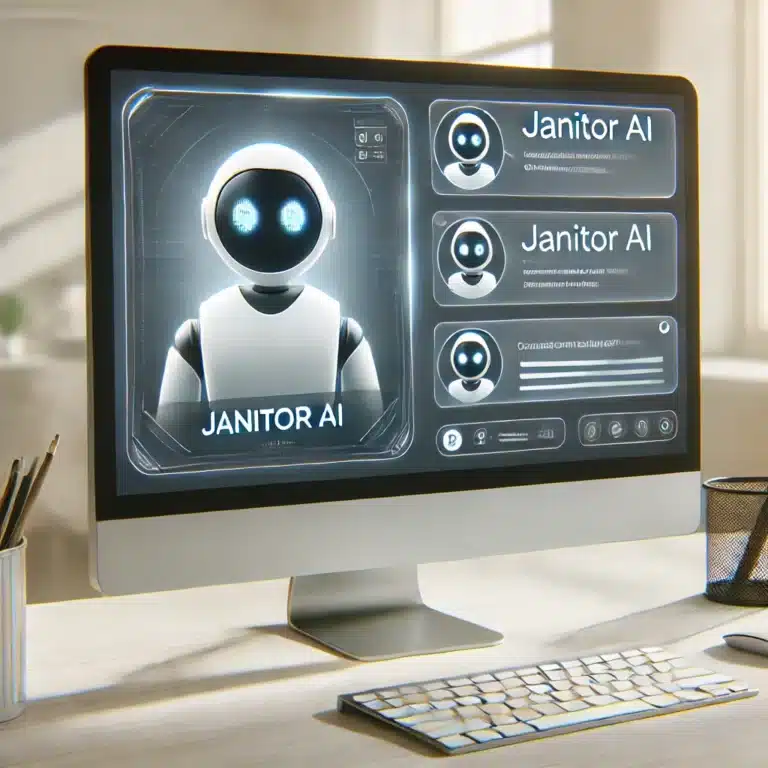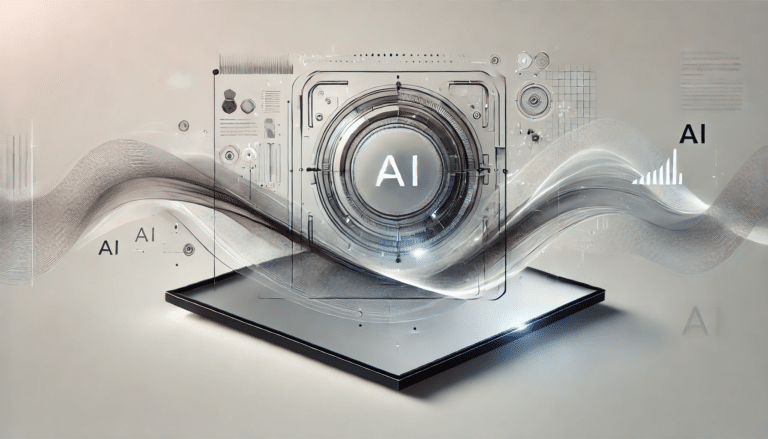Introduction
Planning nutritious meals can be a daunting task for many. In fact, a survey revealed that 60% of individuals find meal planning stressful.
This stress often leads to unhealthy eating habits or reliance on convenience foods. However, with the advent of artificial intelligence, AI meal plans are emerging as a solution to simplify meal preparation and promote healthier lifestyles.
Eating right is just as important as working out when it comes to fitness. But let’s be honest—meal planning can be exhausting. Figuring out calories, macros, recipes, and grocery lists takes time and effort, which is why so many people give up and reach for whatever’s convenient. That’s where AI meal plan technology comes in.
Artificial intelligence is transforming how we approach food and fitness, making meal prep smarter, easier, and more efficient. But is it really the game-changer it promises to be? Let’s break it down.
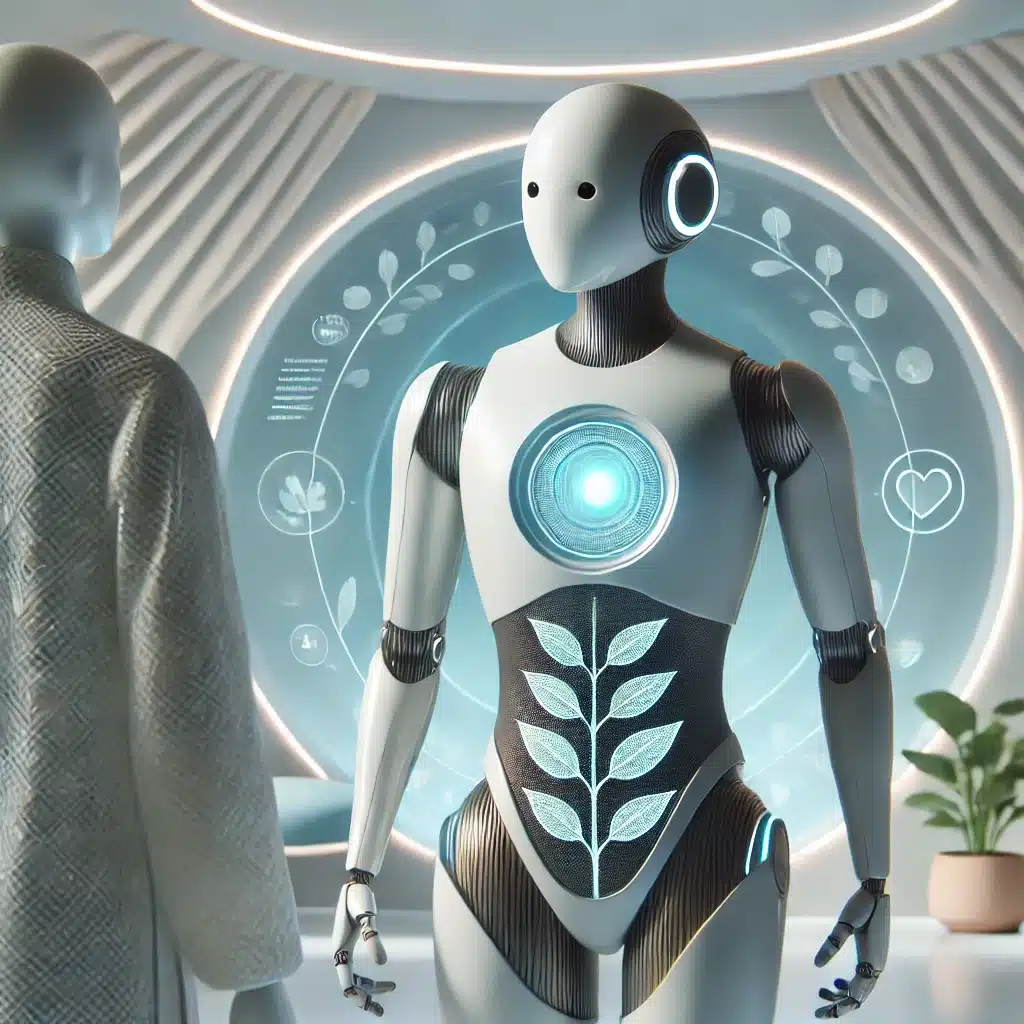
The Rise of AI in Meal Planning
Why AI Meal Plans Are Gaining Popularity
AI meal plan tools are revolutionizing the way people eat, offering personalized, data-driven recommendations tailored to specific fitness goals. Whether you’re looking to bulk up, lose weight, or just maintain a healthy diet, AI can generate structured meal plans in seconds—something that used to take hours.
How AI Adapts to Different Fitness Goals
One of the biggest perks of an AI health coach is customization. AI can calculate your ideal daily calorie intake, adjust portion sizes, and balance macronutrients based on your body type, activity level, and fitness objectives. Want a high-protein diet for muscle gain? Done. Need a diet plan to lose 2kg in a month? No problem.
The Role of AI in Personalized Nutrition
Unlike generic diet plans, AI health tools take into account food preferences, allergies, and even cultural influences. Whether you need a 7 day smoothie weight loss diet plan or a 7 day PCOS diet plan, AI tailors meal plans that fit your specific needs.
Utilizing AI to Create Your Meal Plans
Setting Your Dietary Preferences and Restrictions
Before AI can work its magic, you need to feed it the right information. By providing details like preferred ingredients, cooking methods, and any dietary restrictions, you can ensure that the AI meal plan fits your exact needs.
Automating Recipe Selection and Grocery Lists
AI doesn’t just tell you what to eat—it also generates easy-to-follow recipes and grocery lists. This eliminates the guesswork and makes meal prep significantly more efficient.
Time-Saving Benefits of AI Meal Planning
For busy professionals, athletes, and fitness enthusiasts, AI health and fitness solutions make eating right more accessible. AI eliminates the stress of planning meals each week and even suggests kcal meal prep strategies to streamline cooking.

KCAL Meal Prep with AI
Using AI to Calculate Caloric Intake
One of the best things about AI meal plan technology is how accurately it calculates your calorie needs. Using your age, weight, height, activity level, and fitness goals, AI determines exactly how much energy your body requires daily.
Adjusting Portions for Weight Loss or Muscle Gain
Whether you’re cutting, bulking, or maintaining, AI tweaks portion sizes to match your goals. If you’re in a calorie deficit for fat loss, AI will suggest lower-calorie meals that still keep you full.
AI Meal Plans vs. Traditional Calorie Counting
Traditional calorie counting requires manual logging and tracking, which can be tedious. AI simplifies this by providing pre-calculated meals with exact calorie counts, making kcal meal prep more efficient.
Macro Meal Prep with AI
Customizing Macronutrient Ratios
Macros (protein, carbs, and fats) play a crucial role in fitness. AI can determine the best macro split for your goals—whether it’s a high-protein diet for muscle gain or a balanced approach for endurance training.
High-Protein AI Meal Plans for Fitness Enthusiasts
Protein is key for muscle recovery and growth. AI meal planners ensure you get enough protein through well-balanced meals, suggesting sources like lean meats, eggs, tofu, legumes, and protein-packed snacks.
Balancing Fats and Carbs with AI Suggestions
Carbs and fats are often misunderstood, but they’re essential for energy and hormone regulation. AI distributes these macros properly, ensuring your macro meal prep is optimized for your fitness goals.
The Benefits of AI Meal Planning for Fitness
Reducing Meal Prep Stress and Decision Fatigue
One of the biggest hurdles in meal planning is deciding what to eat every day. AI eliminates decision fatigue by providing structured plans that take the guesswork out of kcal meal prep.
Improving Dietary Variety While Staying on Track
AI introduces new recipes and ingredients, helping people break free from repetitive eating habits. You’ll get a variety of meals while still hitting your nutritional goals.
AI’s Potential to Minimize Food Waste
By generating precise grocery lists and portion-controlled meals, AI helps reduce food waste. AI food tracking ensures you buy only what you need, making your meal prep more sustainable.
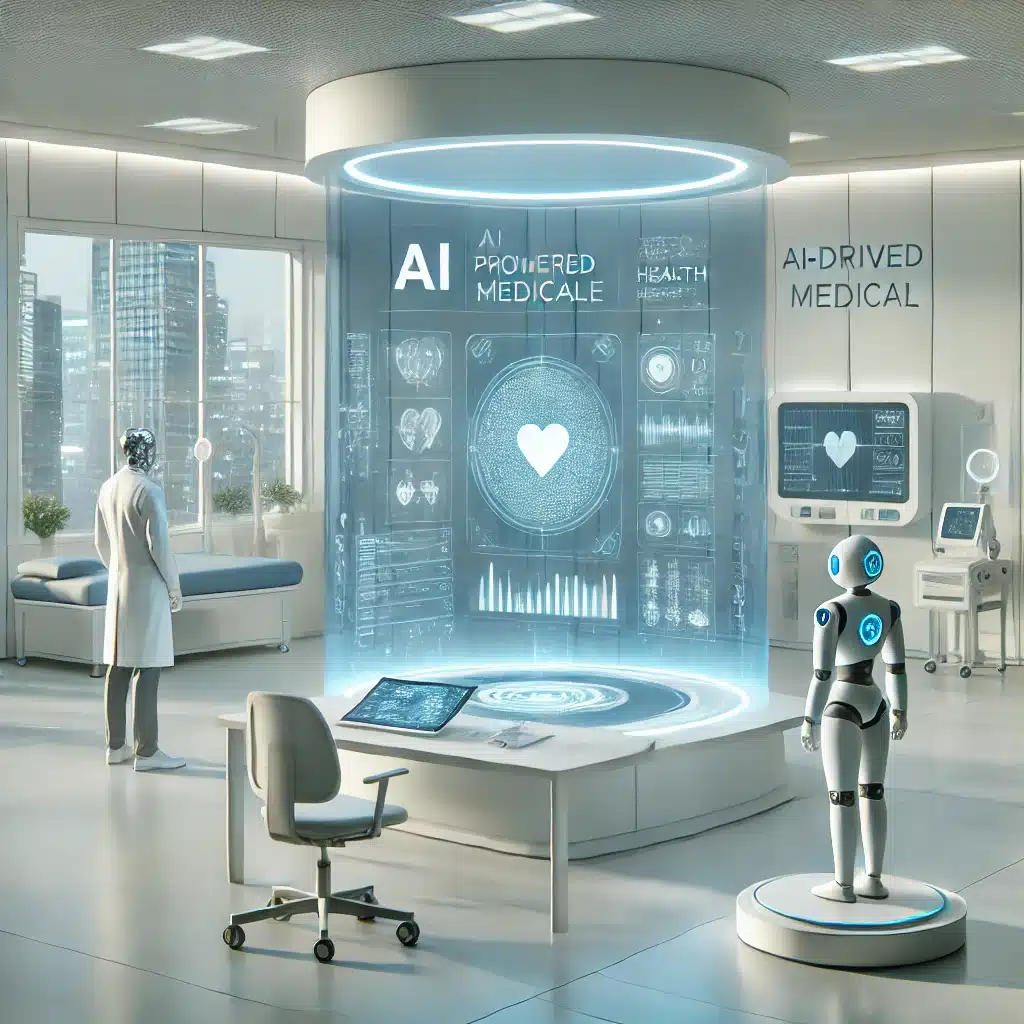
The Limitations of AI Meal Planning
Can AI Accurately Predict Your Nutritional Needs?
AI is great at crunching numbers, but it’s not perfect. Your body’s needs change based on daily activity, stress levels, and other factors that AI can’t fully account for.
Why Human Intuition Still Matters in Meal Planning
AI is efficient, but it lacks the human ability to adjust meals based on cravings, taste preferences, or real-time hunger levels. Sometimes, a spontaneous meal choice is just as important as a structured plan.
Common Pitfalls of AI-Generated Meal Plans
AI-generated plans can sometimes be too rigid, failing to accommodate unexpected hunger spikes or social eating situations. A good approach is to use AI as a guide, not a strict rulebook.
The Limitations of AI Meal Planning
AI’s Role in Nutrition Coaching and Dietitian Support
AI won’t replace nutritionists, but it can serve as a valuable tool for structured, data-backed meal planning.
How AI Can Adapt to Real-Life Meal Adjustments
Future AI models may become more intuitive, learning from user behavior to suggest meal adjustments based on real-life eating patterns.
Ethical and Environmental Considerations of AI in Nutrition
While AI has the potential to reduce food waste and optimize nutrition, it also requires significant computing power. The balance between sustainability and AI technology is still an evolving conversation.
Conclusion
AI is revolutionizing how we approach nutrition, offering structured AI meal plans that save time, reduce food waste, and help individuals stay on track with their fitness goals. From macro meal prep to kcal meal prep, AI tools provide a level of convenience and precision that was once difficult to achieve manually.
However, while AI excels at efficiency, it lacks the human intuition needed to account for cravings, spontaneous changes, and cultural nuances in meal preparation. It works best as an AI health coach, assisting with meal structure and planning but still requiring personal adjustments for flexibility and enjoyment.
For those looking to streamline their nutrition—whether through a 7 day smoothie weight loss diet plan, a 7 day PCOS diet plan, or a diet plan to lose 2kg in a month—AI-powered meal planning can be a game-changer. The key is to use it as a tool, not a rulebook, blending technology with personal preferences to create a sustainable and enjoyable approach to healthy eating.
